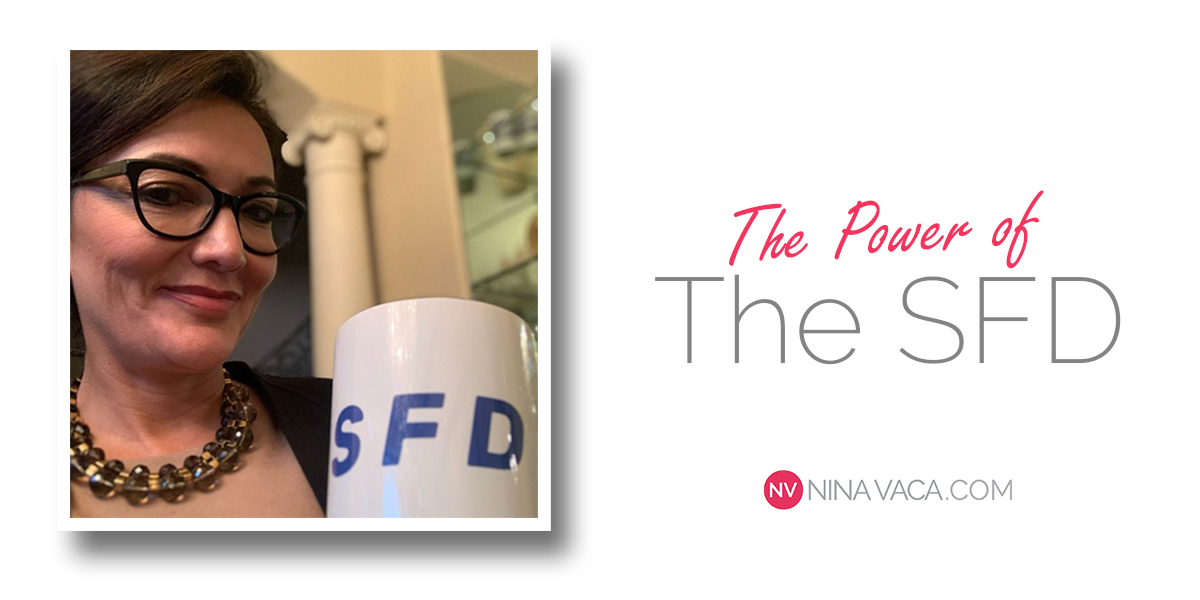We’ve all been there with writer’s block. It’s bad enough when it’s your own. But when it’s your people, the wheels can come grinding to a halt, deadlines get missed, and customers get angry.
Behold the power of the Sh…y First Draft!
So why not just a rough draft? Why even throw the S-word in at all? Aren’t we all mature professionals?
I’ve found the answer to be simple human nature. To many well-intentioned professionals, “rough” is a euphemism for something that better be 90% complete, with just a few nips & tucks remaining. So when a leader asks for a rough draft, many interpret that as a request for a near-finished product. By “adding the S”, leaders accomplish four important goals.
- First, you clearly communicate that the first pass can be truly terrible. It can be a simple outline, some bullet points, a grammatically incorrect ramble, or anything else. It certainly doesn’t have to be close to final form. All that matters is that the author puts some initial thoughts down to facilitate a follow-up meeting or discussion. The point of an SFD is always speed, never quality. And literally everyone can create something “sh…y”. There are no excuses.
- Second, you add some levity to the situation, which intentionally functions as both a “Get Out of Jail Free” card as well as starting pistol. After all, no matter how bad the first draft, the author can always fall back on the S-word and half-jokingly say, “hey, you asked for something sh…y, and I delivered”. And with that GOJF card, you’ve essentially fired the starting pistol by removing any and all anxiety the author may have about beginning work. After all, how can anyone struggle with writer’s block if the quality expectations have been set so low?
- Third, requesting SFDs is an easy way to reduce stress levels. It can be challenging to feel like all your work has to be near final form on a first draft. That type of expectation can inevitably lead to feelings of failure when additional drafts are inevitably requested. But by it’s very nature, an SFD implies that additional work will be needed. So instead of that work being perceived negatively, the author typically doesn’t feel that he or she under-delivered.
- Fourth, a SFD facilitates a much more open dialogue between you and your teams. It gives you more opportunity to provide coaching and mentorship, and for your be welcomed by the receiver as truly constructive rather than negative or over-bearing. In this context it can often be true win-win for both parties.
The reality of the SFD is that they almost always end up being excellent anyway. You’ll occasionally get something that underwhelms, but even that is a gift because it helps everyone realize that either the assignment or the solutions weren’t as clear as they should have been. By uncovering that fact earlier, you give yourself more time to address the issues long before the final produce is needed.

